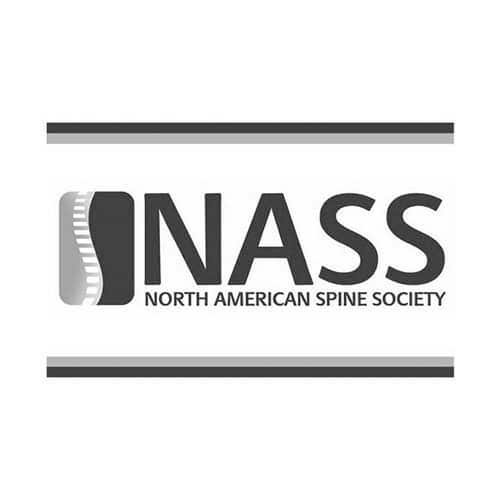The connection between physical pain and mental pain has been well established, with pain patients frequently dealing with mental health conditions like depression and anxiety alongside their pain. While this connection is well known, many patients are surprised to learn that mental health conditions can cause physical pain as one of their symptoms. At Macomb Pain Management, we strive to provide our patients with the tools and knowledge they need to live pain-free and healthy lives. Let’s take a closer look at the relationship between pain and mental health conditions.
The Relationship Between Chronic Pain and Mental Health
Chronic pain and mental health conditions have an established connection with many patients dealing with mental health conditions alongside their physical pain. According to the CDC, chronic pain-causing conditions put patients at an increased risk of developing a mental health condition like depression or anxiety. Patients dealing with chronic pain may not be able to work or do the activities they enjoy, which can lead to a decreased quality of life. Other patients who deal with chronic pain that comes and goes may develop anxiety about their pain and worry that a pain flare-up will happen suddenly. These mental health conditions, despite being challenging enough on their own, can amplify pain levels, leading to a vicious cycle that can be hard to escape from. This may be because the areas of our brain that regulate pain overlap with regions that regulate our mental health. While mental health and chronic pain can be challenging to live with, there are tools available to help you find relief from both of these conditions.
Coping Strategies for Dealing With Chronic Pain and Mental Health Conditions
In many cases, developing an effective pain management plan also includes coping strategies that address both your pain levels and any coexisting mental health condition symptoms. For many patients, cognitive behavioral therapy can help to teach you coping mechanisms for both your physical and psychological pain. While cognitive behavioral therapy does not eliminate physical pain, it can help you to alter the way you experience and respond to physical pain. This includes reframing negative thoughts, reducing fear avoidance, and learning new coping skills. Stress management techniques like mindfulness can also be beneficial and help pain management. Like cognitive behavioral therapy, mindfulness teaches patients to change how they perceive pain through meditation and breathing techniques. While these techniques don’t eliminate physical pain, they may be effective ways to reduce your pain levels and improve your mental health.
Importance of Comprehensive Care for Physical and Mental Pain
As chronic pain and mental health conditions like depression and anxiety are so closely related, a comprehensive treatment plan that addresses both of these conditions is crucial for effective treatment. At Macomb Pain Management, we work with patients living with chronic pain caused by several different conditions to help them take their life back from both physical and mental pain. If you are ready to take the first step towards taking your life back from physical and psychological pain, contact us today.
Contact Macomb Pain Management For More Information About Dealing With Chronic Pain
To get started with a comprehensive pain management plan that adequately addresses both your physical and mental pain symptoms, contact us today at (248) 844-8281. We look forward to working with you to find solutions to your pain and help you reach your pain management goals.






